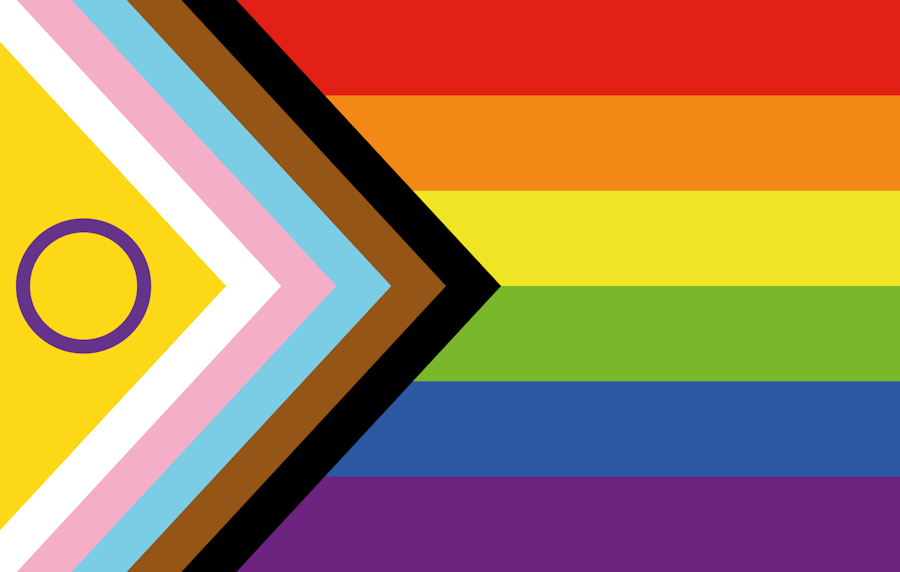
Dispelling Diet Culture Once and For All
Dispelling Diet Culture Once and For All by A Recovery Warrior in the Community
Despite its pervasiveness in our society, “diet culture” is not an easy term to define because of the many facets it encompasses. That said, “diet culture” is a belief system that idolizes thinness and equates it with moral superiority and good health. Diet culture is more than going on a diet. It is, as mentioned above, a belief system, or a culture in and of itself. Diet culture is also insidious because of its ubiquity – it becomes difficult to notice because it is so dominant in our culture. This way of thinking about food and our bodies is so deeply embedded that it becomes hard to recognize. Often, diet culture masks itself as health or wellness. Think: Noom.
The impacts of diet culture are significant and harmful to folks of all sizes. Diet culture perpetuates eating disorders, normalizes disordered eating, and instills deep-rooted insecurities. In other words, it sets all of us up to feel poorly about ourselves, judge and compare ourselves to others, all while promising that losing weight is a panacea. Diet culture suggests that in order to be loved, accepted, successful, and happy you have to be thin.
that losing weight is a panacea. Diet culture suggests that in order to be loved, accepted, successful, and happy you have to be thin.
In addition, diet culture oppresses people who don’t align with what diet culture’s image of “health” is. This has racist, patriarchal, ableist, healthist, and transphobic roots. The people who are harmed the most are women, BIPOC, transgender folks, and people with disabilities.
Despite what diet culture claims, healthy and unhealthy bodies come in every shape and size. Those who are deemed “healthy” should not be put on a pedestal nor should there be a moral obligation to be healthy. But even beyond that, the use of weight, BMI, or body size as proxies for health should be rejected. Weight is just a marker of size, not health. Health is a multifaceted construct and other factors such as the social determinants of health (e.g., education, income levels, discrimination, access to health care, etc.) play a large role in whether or not you are in good health.
Additionally, scientifically speaking, diets for weight loss don’t even work. So, what we’re left with is billions of dollars poured into an industry that is capitalizing off of people’s insecurities.
So how can you begin to break free from diet culture?
- Challenge and think critically about comments on weight, size, and shape as they relate to “health” and “wellness”.
- Learn about Health at Every Size ® (HAES), a movement that acknowledges that health is primarily driven by social, economic, and environmental factors, not weight. This approach encourages pursuing one’s own health, not as an obligation and independent from a focus on weight loss. HAES is built on five principles, including weight inclusivity, health enhancement, eating for well-being, respectful care, and life-enhancing movement.
- Consider intuitive eating. Created by Evelyn Tribole and Elyse Resch, intuitive eating is based on 10 principles (e.g., honor your hunger, make peace with food, and challenge the food police).
- Reject any diet or “wellness” lifestyle that comes with rules. Do you have rules floating around in your head constantly about what you can or cannot eat, when you can eat, etc.? Diet culture instills one-size-fits-all rules into us, which goes against the many different factors that contribute to meeting our own food needs, like nutritional needs, taste preferences, cultures, and food access and budgets.
- Instead of spending time and energy trying to lose weight, use that space to do things you genuinely enjoy – read a book, learn a new hobby, spend time with family and friends.
- Accept that health is complex and nuanced. Health is not an obligation nor a measure of self-worth. Despite what diet culture may have us believe, there is very little about health that is in our control.
- Cultivate the belief that your body is worthy of care and nourishment no matter its size.





